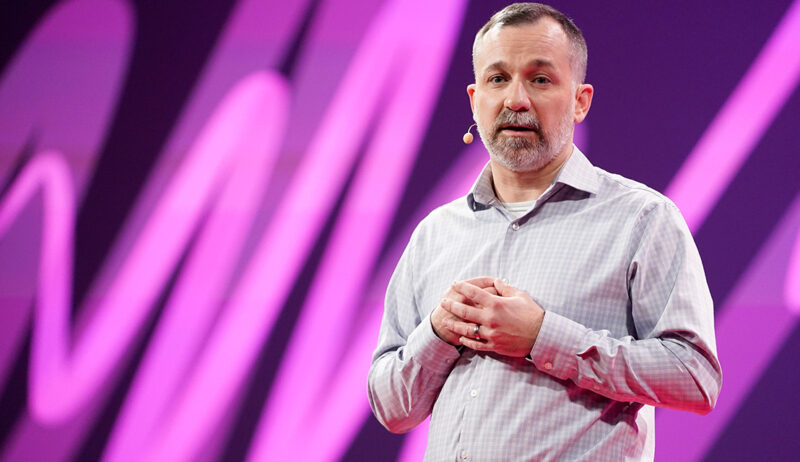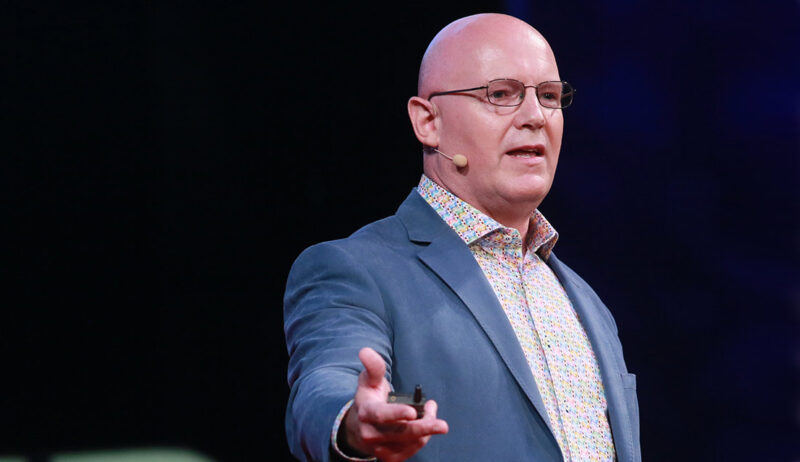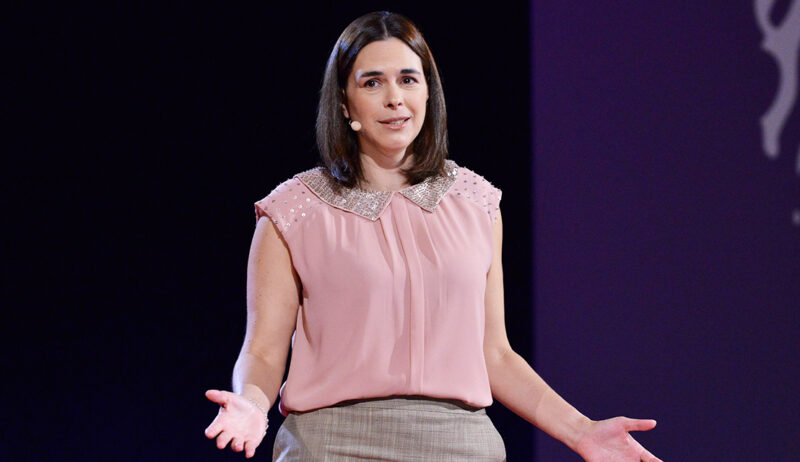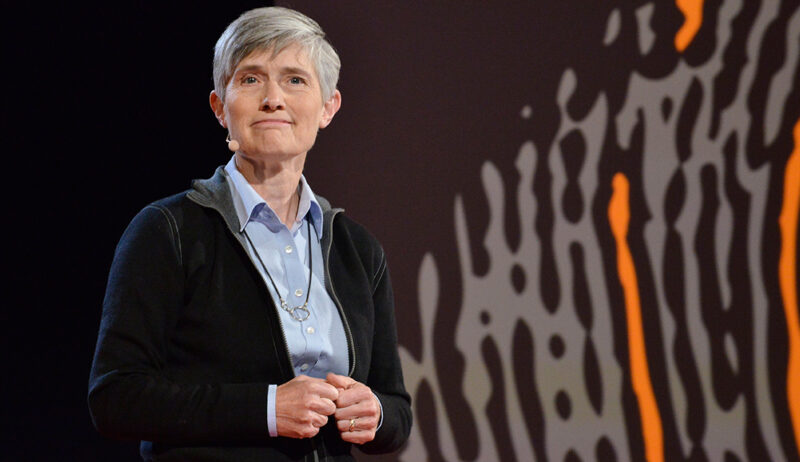About this talk
According to behavioral science and public health expert Sara Gorman, changing your mind about a deeply held belief isn’t just difficult to do from a personal, stick-to-your-guns standpoint, but also from a psychological perspective. As Sara puts it, “science depends on updating constantly with new information, but our brains do everything they can to keep us from changing our minds.” We see the stubborn refusal of facts play out across the world of health and medicine. For example, why do so many people believe vaccines are harmful, even when there is scientific evidence showing that they are not only safe, but beneficial to our health? Tune in to Sara’s 2017 TEDMED Talk to learn more about why we cling to our beliefs and why facts may not be your ultimate persuasion tool to get someone to change their mind.
About Sara Gorman
See more
Sara Gorman is a public health and behavioral science expert who writes about why people hold irrational beliefs about their health. Her work focuses on understanding the psychology of how people make decisions and why they sometimes ignore scientific facts that could save them. Her first book, Denying to the Grave: Why We Ignore the Facts That Will Save Us, explores the reasons behind this behavior. She provides advice for both the public and health professionals on how to better communicate about science and medicine. Her work became even more important during the COVID-19 pandemic, as she has written and spoken extensively about how to combat misinformation. Her most recent book, The Consequence of Misinformation, continues this crucial work. Sara is also a co-founder of Critica, a community dedicated to promoting rational and evidence-based decision-making. Her writing has appeared in major publications like The New Yorker, The Atlantic, and BBC, making her a trusted and respected voice in the conversation about public health and science communication.











